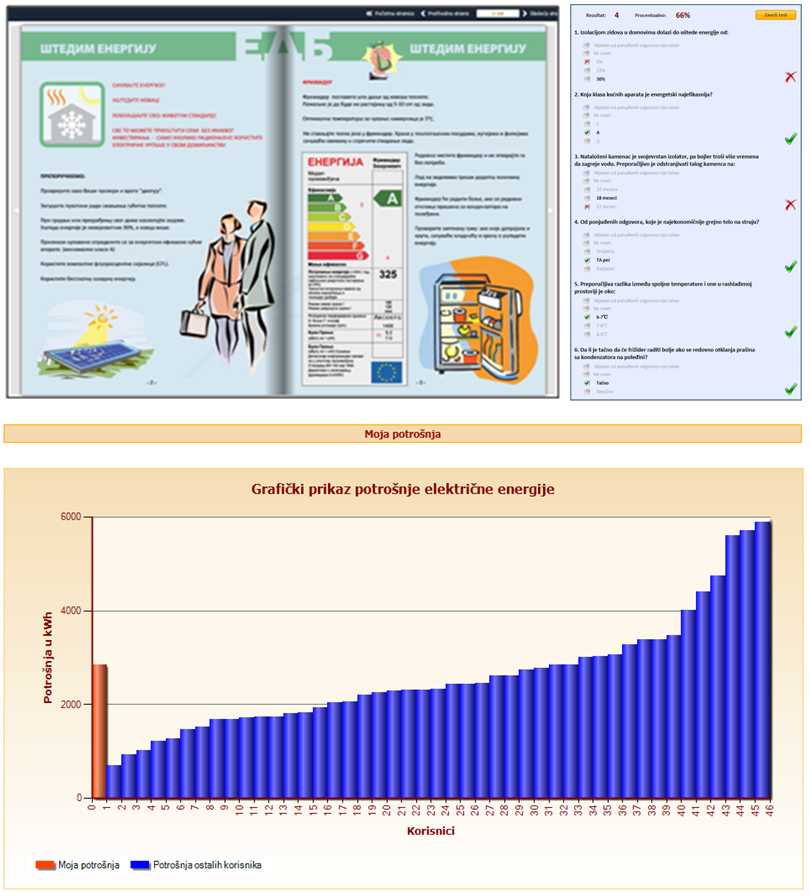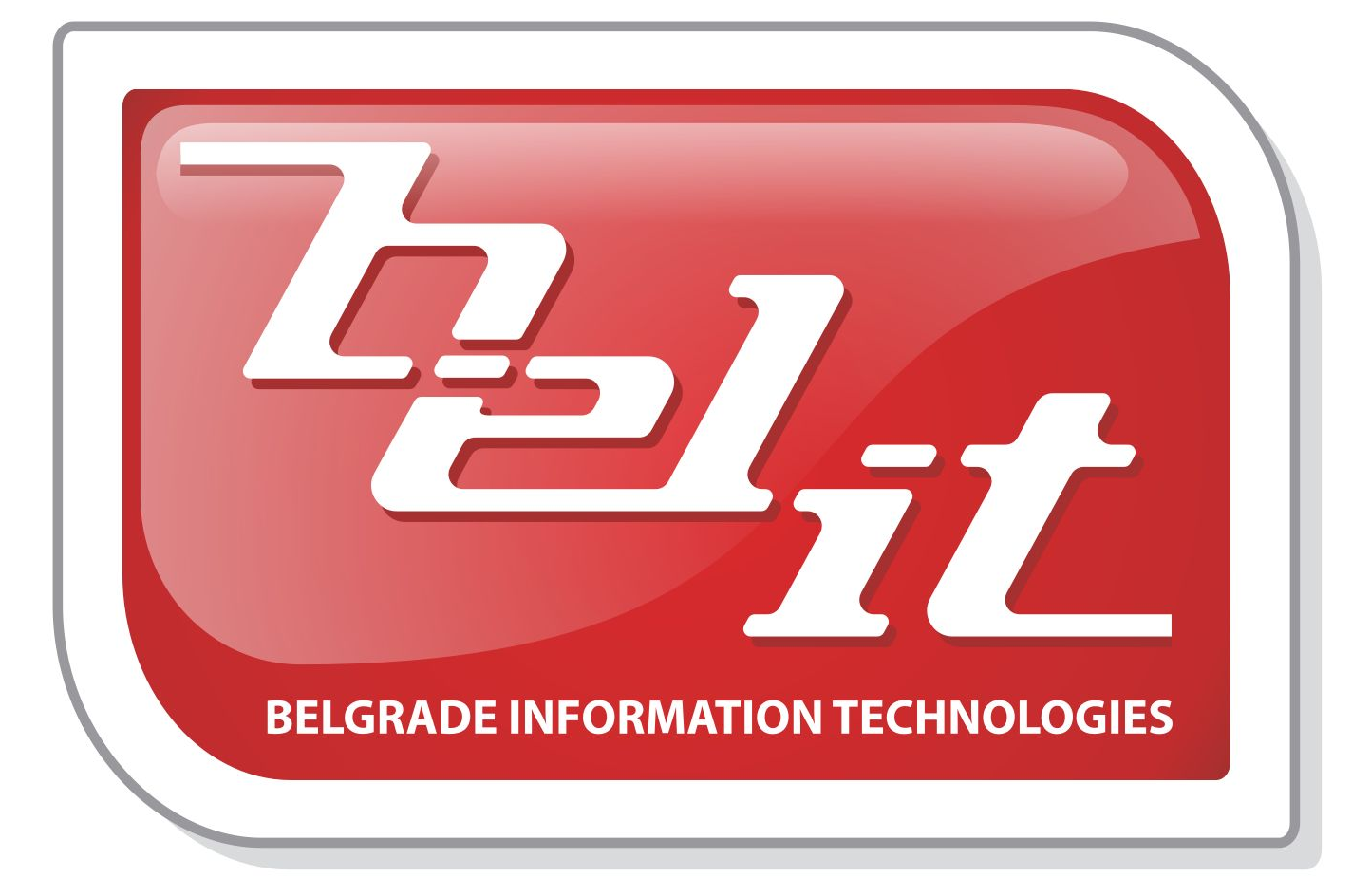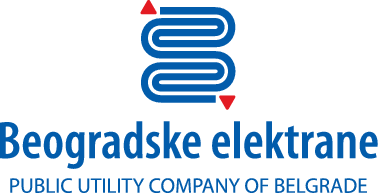Belgrade¶
The pilot site Belgrade (Serbia) includes three buildings in the municipality of Palilula, City of Belgrade. The three high rise buildings have a total of 184 dwellings with a combined surface of about 9,300 m². Built in the 1960’s, the buildings are typical representatives of that period of Serbian housing with poor thermal insulation and high energy consumption.
Video – Savings – Service – Cost-Benefit – Exploitation – Partners
The dwellings in Tower A equipped with the BECA services range in size from 48m² to 57m². The average level of education of tenants is medium; a lower number has a university degree or high school education. Tenants’ internet access rate is rather low (30%). Most of them perceive “economic savings” as the main benefit of the BECA project. Together with the project partners University of Belgrade – Faculty of Mechanical Engineering (MEB), JKP Beogradske elektrane (BEOELEK) and Belit. The services offered in the pilot site are based on monitoring data for electricity, water, and energy consumption.
Video¶
Savings¶
For more details visit the eeMeasure tool and the BECA deliverable D7.2 also covering qualitative surveys.
Service¶
edss¶
Tenants were provided with access to an internet portal that gathers information on their water, energy (for heating) and electricity consumptions. Heating energy consumption measurements took place through heat cost allocators. It has been agreed on data provision to the server and data exchange protocols (web service / XML, TCP/IP, FTP). An agreement was reached with the water and electricity provider for making these measurements available using their own metering equipment and for a data exchange with the server.
ems¶
The fuelling of the boiler facilities were changed from coal to solid biomass and the control of boiler operation was improved. Tenants were able to control room temperatures. Information about tenants’ consumption was made available, as well as a “cost calculator”. The service was implemented as a web-based information system.
Value propositions¶
Service users are attracted by the opportunity tenants have to constantly monitor and analyse their own consumption data (cold water, heat, etc.), as well as to draw comparisons with respect to other similar households in the building. Prior to the introduction of BECA, tenants were receiving bills with cumulative consumption figures and without any detailed explanation or advice to achieve energy savings. Various coaching sessions for tenants were organized. A hotline service set up to assist tenants’ queries with regard to service use resulted effective, especially for the elderly people. In addition, on-site computers, on-site internet connection, as well as various education materials about energy efficiency were provided.
Cost-Benefit¶
The path for total socio-economic return is almost steadily increasing and crosses the point of return after around 6-7 years. The baseline scenario (Do-Nothing) is rather optimistic given the likely change of legislation to implement billing based on consumption. This change would require additional metering (for some resources). As a result, the entire path would be moved upwards as implementation cost for smart metering would be partly compensated for. Measuring of dwellings (rather than buildings) is likely to induce fees which would increase the slope of the path. On the other hand, dwelling based billing may (or may not) induce some resource savings which would reduce the slope of the path. Overall, the CBA analysis presented can be considered as a “worst case scenario”. This is particularly true for the business model of the IT-provider relying on further exploitation and - considering the current environment without regular exchange of metering equipment – likely economies of scale.
Exploitation¶
In 2014, consumption is not paid per amount of units consumed, but per surface area. Hence, monetary savings are shared among all tenants of a given building which resembles a large burden for rolling out the BECA solution. However, the legislation is currently being revised and the “pay what you consume” is very likely to be introduced in the near future. Consequently, this will open the market for individualised (smart) metering which can – at the same time - be combined with ICT based services such as BECA. There are 300,000 dwellings in Belgrade alone and it is hoped that at least 10% of the market can be reached within two years with further potential in the future in Belgrade and across Serbia.
Partners¶
BELIT has considerable experience in the development and implementation of web-based information systems and portals and will collaborate with MEB, BeoElek and Palilula municipality in providing the ICT-based energy saving service the in Belgrade pilot site.
JKP Beogradske elektrane is a Public Utility Company, which supplies heating and domestic hot water to Belgrade. The company was established in 1965 in order to centralise the Belgrade district heating system. BeoElek possesses 65 heat sources with 2,574 MW heating capacity. It provides heating to 300,000 apartments and more than 8,000 office/commercial buildings for the total floor area exceeding 20,200,000 square meters.
University of Belgrade - Faculty of Mechanical Engineering (MEB) has been involved in a number of projects in different areas, among which, energy, district heating systems, heat flow metering, fuels, RES, energy efficiency in buildings, combustion, household appliances, energy monitoring and environment. Project work of MEB builds upon recent activities in collaboration with local municipalities, such as the introduction of renewable heating energy sources, improved energy efficiency of buildings and improved environmental conditions in social housing districts.








